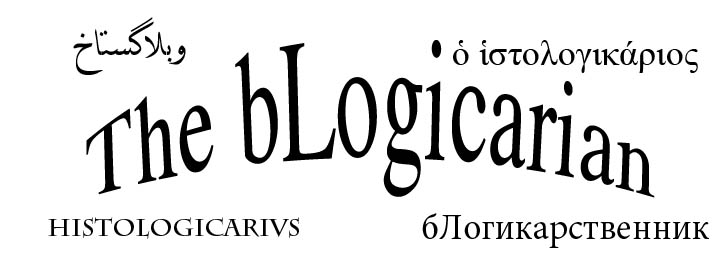"In monotheism the sacred is concentrated in one omnipotent and omniscient entity, whereas in polytheism it is diffused over a wide range of beings, places, objects, practices and human personnel. In reality there is both some seepage in most monotheisms, with saints and shrines and the like tending to proliferate, and some telescoping on the part of many polytheisms, with one god often being preferred above others. But the difference between the two is real and substantial. Firstly, in pre-modern societies that had not secularised public life and relegated religion to the private domain, monotheism is by nature intolerant and intransigent. For there to be only one true God all the rest must be impotent frauds, and those who worship them are not just in error, but damned, and should be fought or at the very least shunned. If you believe in many gods, however, there is no reason to be hostile to gods not your own, nor any bar to paying them and their faithful your respects. ‘When you enter a village, swear by its god’, as the old Arabian proverb goes. Secondly, the words of a unique omnipotent God must needs be the absolute Truth, in the light of which its recipients should therefore regulate their lives and interpret their world. Polytheism, on the other hand, is neither so unitary nor so coherent. It is rather a variegated worldview, one capable of eliciting a rich and subtle range of meanings from a multi-faceted reality, one desirous of understanding and influencing the many and varied ways the natural world impinges upon us."
-From "Arabia and the Arabs" by Robert G. Hoyland, p. 139
-From "Arabia and the Arabs" by Robert G. Hoyland, p. 139

No comments:
Post a Comment